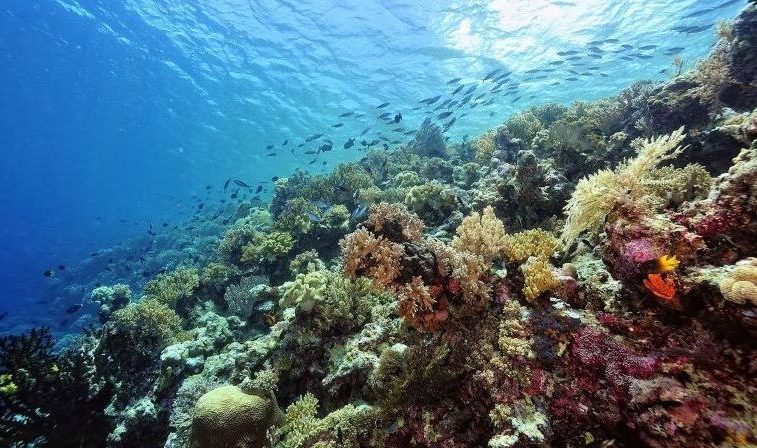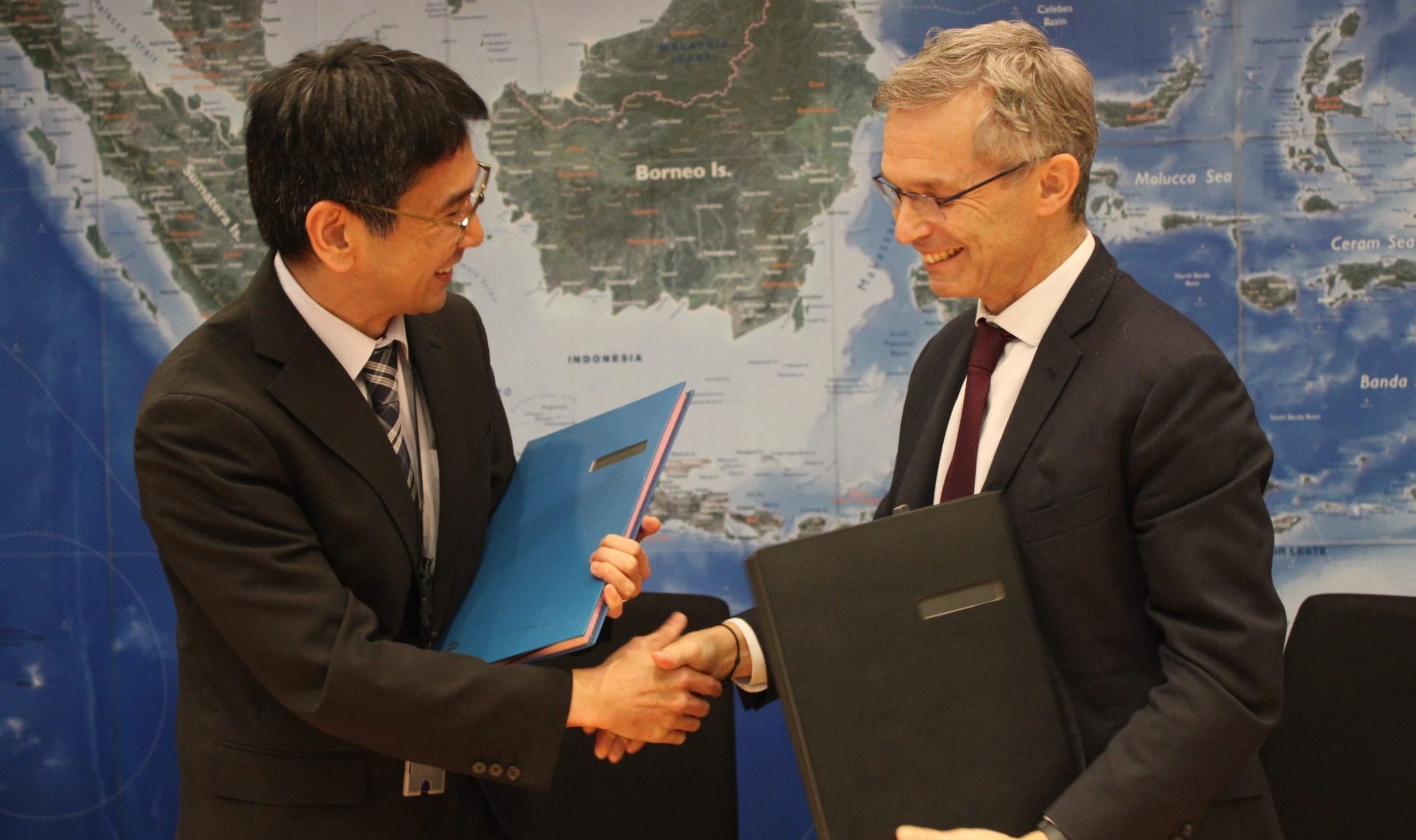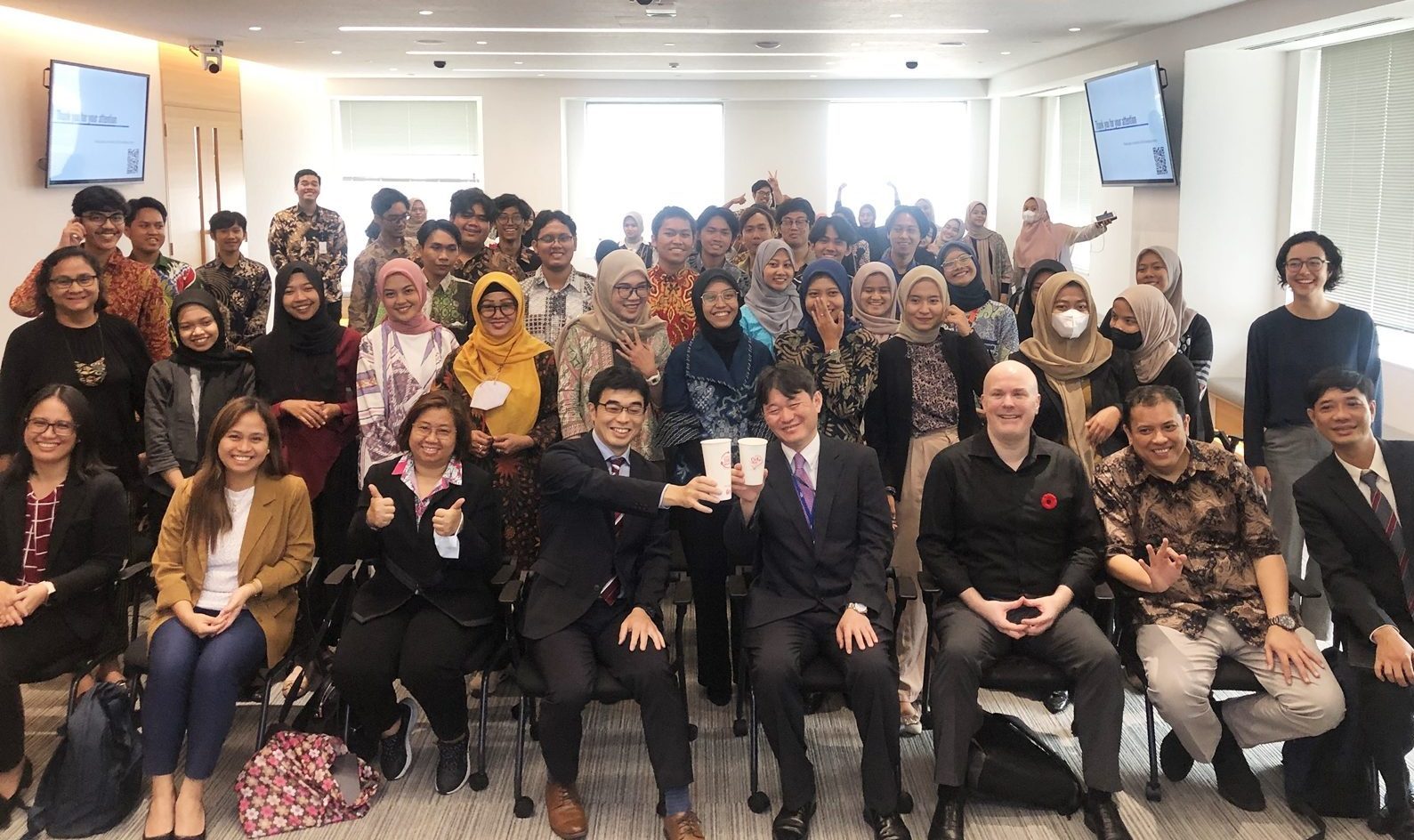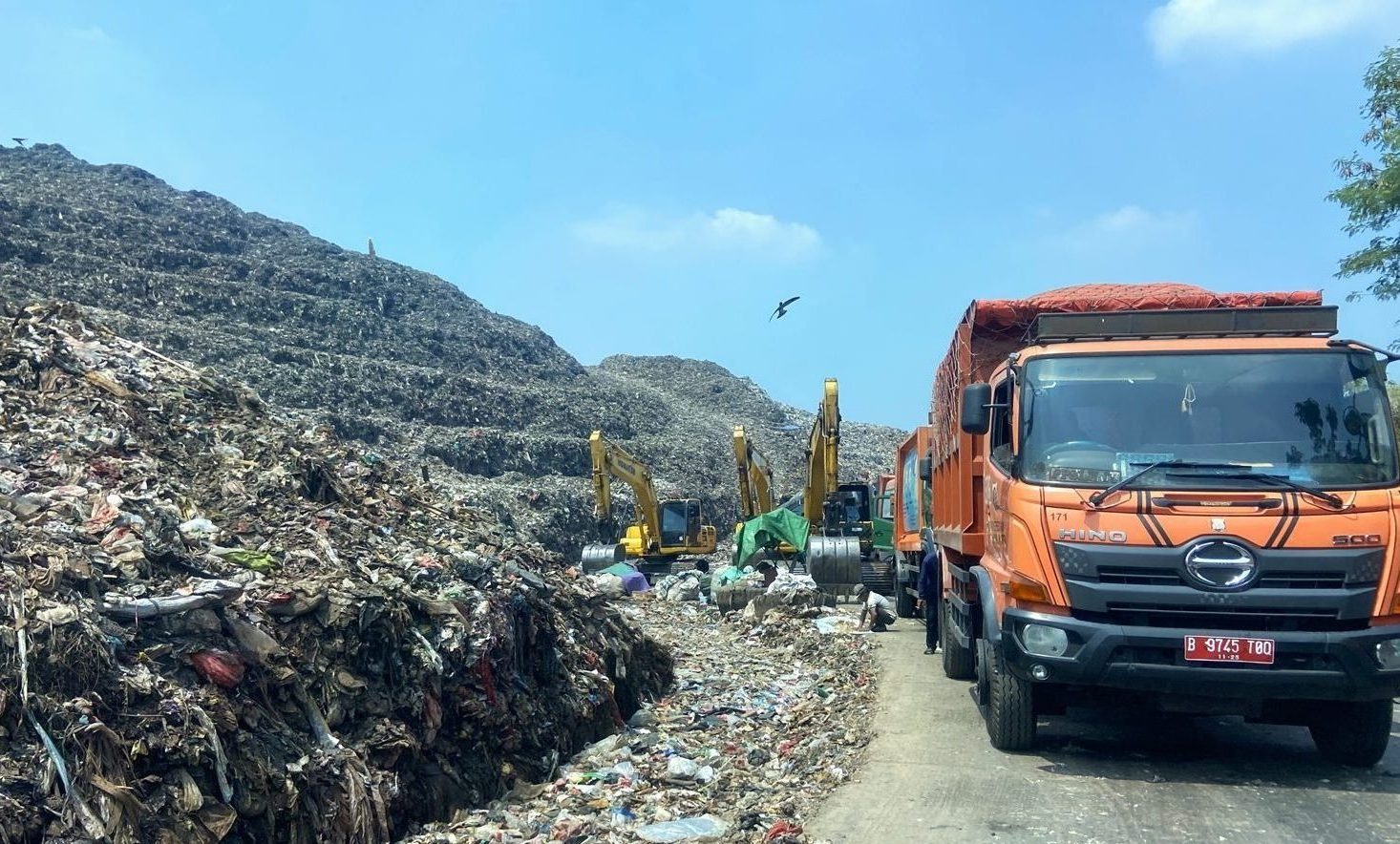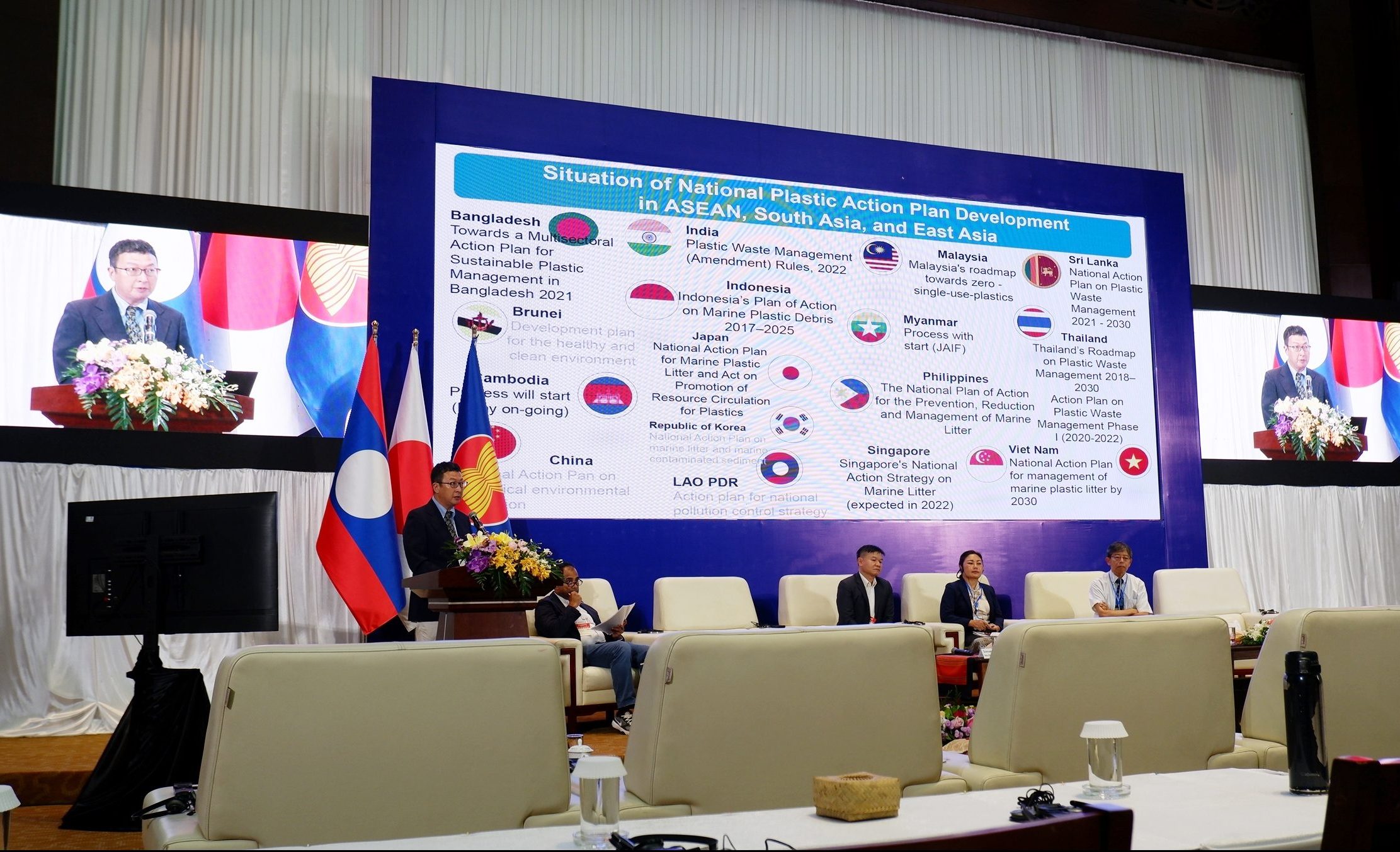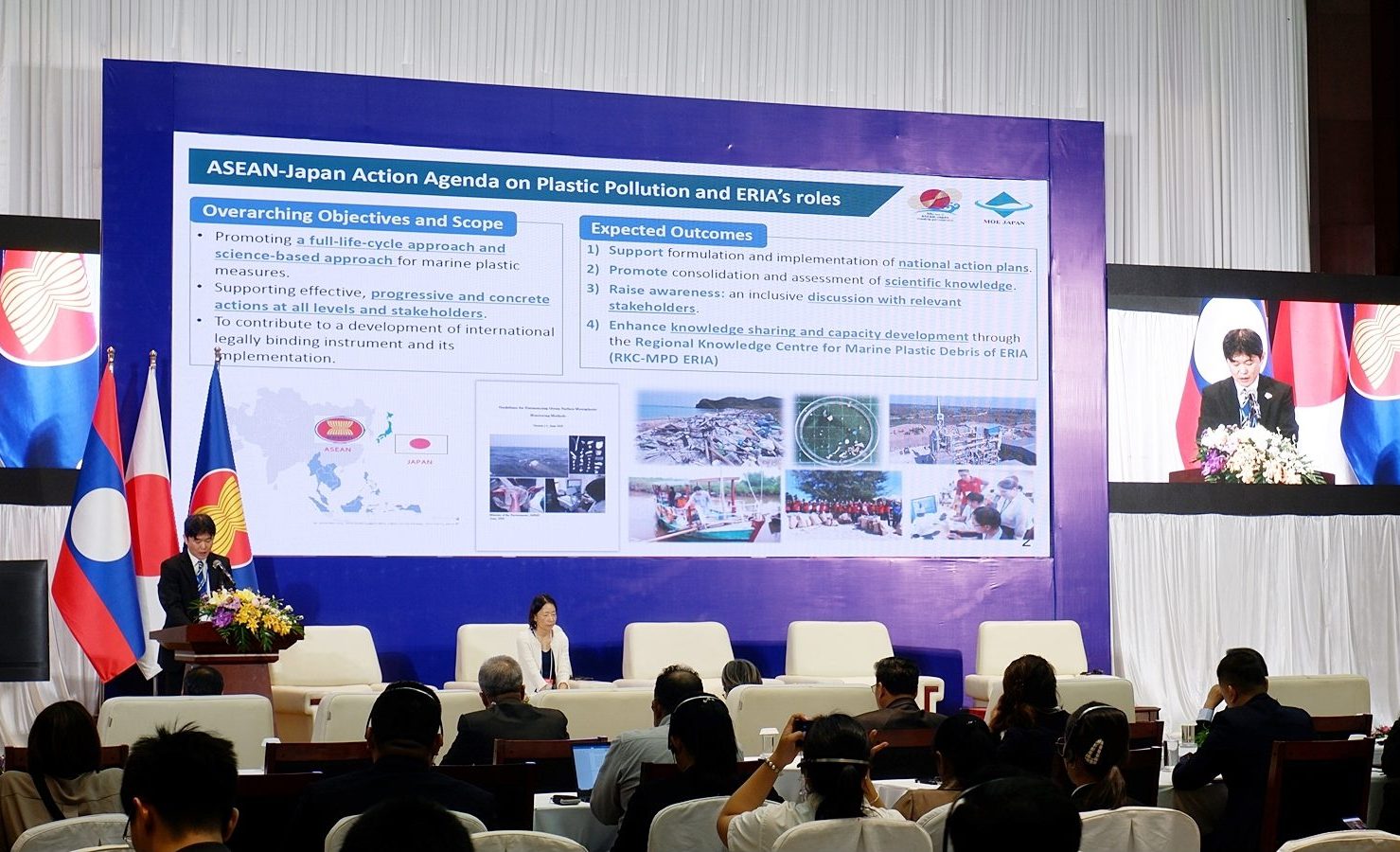News
24 May 2022: Between 5-8 million tons of plastic waste is being thrown to the ocean, driven by urbanization, economic growth, and changing pattern of consumption and production. Seth van Doorn of the European Delegation to Indonesia said the way the waste is collected, sorted, and recycled have not been effective, which shows the urgency to switch to circular economy, more than ever.
‘In Indonesia, we are working closely with the Ministry of Environment and Forestry that has launched the road map for waste reduction by producers, which operationalizes with the key factors of circular economy. It provides direction and timeline to phase out single-use plastics,’ said Mr van Doorn.
He was speaking at a hybrid event titled “The National Dialog on Waste Reduction by Producers, Opportunities and Challenges Toward Sustainable Business” held by the Indonesian Ministry of Environment and Forestry (MoEF) on 24 May 2022.
The road map that he referred to is MoEF’s Regulation No. 75/2019 on the Road Map of Waste Reduction by Producers to reduce plastic waste, limit waste pile, and promote waste recycling and reusing.
Ms Rosa Vivien Ratnawati, the Ministry’s Director General for Waste Management, said the road map is set for 10 years period of 2020-2029, with the goal of reducing waste as well as plastic, paper, and aluminum packaging from all products and packaging by 30 percent. The regulation requires producers to submit planning documents toward the goal, she said.
‘Producers should not be discouraged by this regulation, as it provides a guideline to compete in the global market. By showing strong commitment for waste management, the competition in both domestic and international markets will be easier,’ she asserted.
‘I see that our friends in the industry have the enthusiasm and good intention to reduce waste. But it takes planning. Just do what you can first before moving into redesigning.’
Ujang Solihin Sidik, MoEF’s Head of Subdirectorate for Producers Governance, said since the road map was launched in 2019, he has seen a good growth of new business models with innovations toward sustainability.
‘We have identified 145 social entrepreneurship that welcome this policy. There are 73 bulk stores, not to mention reuse business. The growth has been amazing,’ he told the discussion.
‘A new business opportunity rises when a regulation comes up. Don’t take it as a burden, but as an opportunity to build sustainable business.’
Opportunities and Market
Mr van Doorn of the European Delegation said Indonesia has the opportunities to move to circular economy, particularly since the country has traditional knowledge and solutions to produce environmentally sustainable packaging.
One of them is the previously ubiquitous warung (kiosk) where people buy food commodity like rice or oil in bulk and bring their own containers. This has inspired Ms Desiree Irawati to open Saruga Indonesia with her partners, focusing on bulk store, refill station, and community service.
‘We’re working with FMCG (fast moving consumer goods) industry and fellow Micro, small, and medium enterprises (MSMEs) to meet customer demands. We have bulk store, dispensing machine, and refill station where people can shop according to their needs. We also provide community service where children, for instance, can come to learn,’ she said.
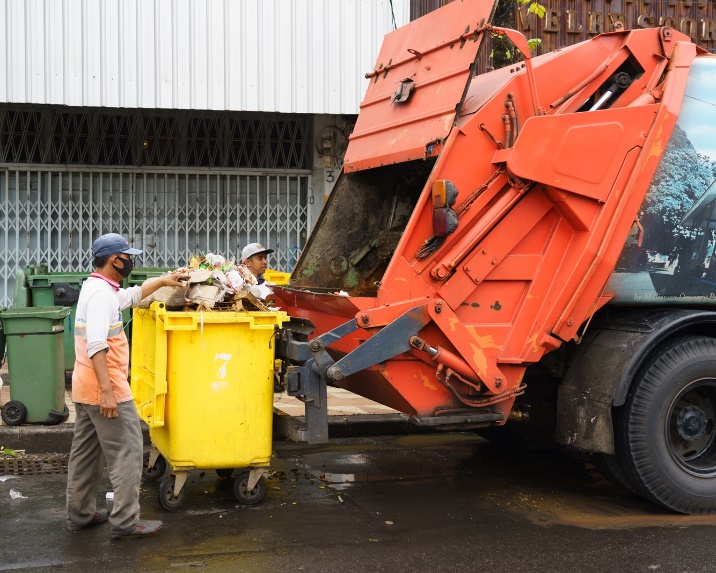
The bulk system, she added, creates a profit margin as it eliminates the packaging cost.
Refill business, according to the panel, could become a solution in phasing out single-use plastic, particularly sachets. Apart from the environmental impact, Mr Arustiyono, the Director of Cosmetics Supervision at the Food and Drug Monitoring Agency (BPOM), particularly highlighted the potential good business of cosmetics refill.
“Cosmetics refill is worth hundreds of billions of rupiah. I would like to encourage law abiding business owners in cosmetic fields to tap the refill market early enough, before the illegal cosmetic (producers) will dominate the market,” he said.
Rocky Pairunan, Advisor of the GIZ’s Reduction of Plastic Waste & Marine Litter in East and Southeast Asia, said bulk store is a high potential business field in Indonesia where the lifestyle has been driven by producers, as well as social media and influencers.
“Government policy and regulation really helps, for instance in restricting straws,” he said.
Also read: Keeping Up with the Increasing Plastic Waste: Voluntary Initiatives Alone No Longer Enough
Challenges and Recommendations
Mr Ernest Layman, CEO and Co-founder of Rekosistem, said an environmentally friendly business in Indonesia remains costly due to logistical challenges like the need to have hundreds of warehouses and recovery facilities.
‘The margin is also slim because producers need extra cost for research and development, including how to separate and distribute waste to recycling facilities,’ he said.
Mr Ernest urged the government to provide financial incentive such as tax deduction, as the existing ecosystem and infrastructures are not yet supportive, resulting in the high cost.
Voicing the same concern, Laksamana Sakti, Head of Business Operation of Siklus Refill, said he hoped there are efforts such as free promotion to help company with business initiatives to reduce pollution.
Mr Rocky from GIZ said sustainable business is still an uncharted territory for most and very different from conventional business that it requires more discussions from both industry players and regulators.
‘Our studies show that ecosystem needs to be established. Industry associations can work with the government to come up with negotiation, standardizations, and what are needed by businesses,’ he said.
Also read: EPR for Plastics in Viet Nam: Challenges and Opportunities
YOU MAY ALSO LIKE




